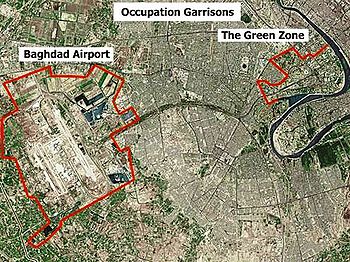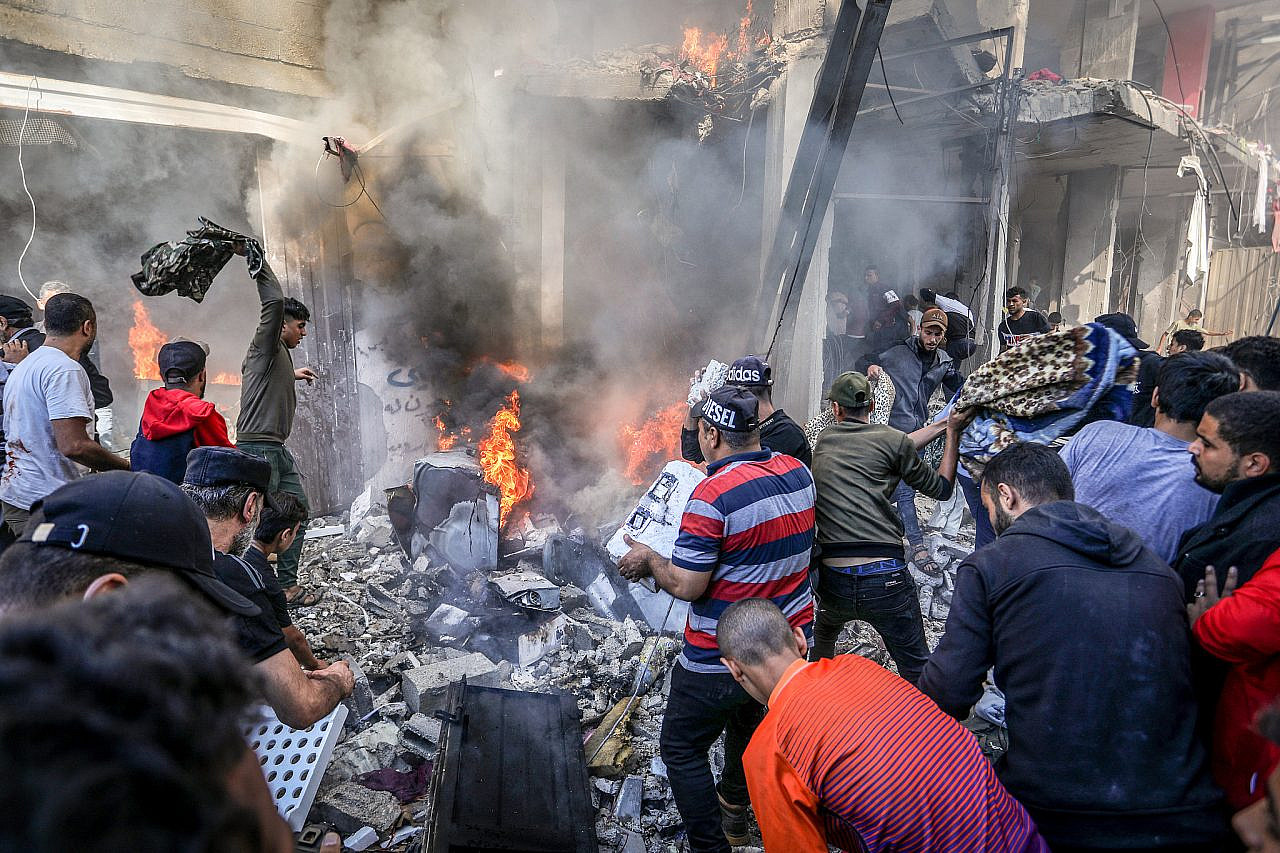 The Iraqi women all took nicknames — Linda, Susan, Kathy, Mary, Angel — to make it easier for the American soldiers to remember them. They had college educations and spoke English well enough to work as interpreters with U.S. combat units, jobs that came with a high mortality rate even off the battlefield: insurgents targeted them for assassination as collaborators.
The Iraqi women all took nicknames — Linda, Susan, Kathy, Mary, Angel — to make it easier for the American soldiers to remember them. They had college educations and spoke English well enough to work as interpreters with U.S. combat units, jobs that came with a high mortality rate even off the battlefield: insurgents targeted them for assassination as collaborators.
Because of the lingering dangers for Iraqis who had allied themselves with the Americans, the State Department created a special visa to allow interpreters and other workers into the United States. For most of the women, the Special Immigrant Visa became a lifeline.
But applying for the visa meant winning the approval of Christopher J. Kirchmeier, a contractor in charge of security badges and clearances on a base inside Baghdad’s Green Zone. An Army counterintelligence specialist, fluent in Arabic, Kirchmeier had taken leave from his California National Guard unit in 2009 to work for Government Services, a Chantilly-based subsidiary of L-3 Communications.
Kirchmeier, then 26, sexually harassed at least two of the women he was charged with vetting, according to several former co-workers and the women. His alleged conduct was a violation of L-3’s ethics code, which says “physical conduct of a sexual nature is inappropriate in the work place and may be unlawful.” He also punished those who rebuffed his advances or who complained about his behavior by seizing their security badges and sabotaging their visa applications, according to the former co-workers and interpreters who recounted their experiences in a series of interviews.
Kirchmeier, reached by telephone late last year, responded only obliquely to a reporter’s account of the allegations being made against him, calling them “strange.”





 The United States will mark the 84th anniversary of the Japanese attack on the U.S. naval...
The United States will mark the 84th anniversary of the Japanese attack on the U.S. naval... In 2021, a book titled “The Human-Machine Team: How to Create Synergy Between Human and Artificial...
In 2021, a book titled “The Human-Machine Team: How to Create Synergy Between Human and Artificial...:focal(1285x1016:1286x1017)/https://tf-cmsv2-smithsonianmag-media.s3.amazonaws.com/filer_public/d1/4e/d14ed238-3b62-4506-9f53-fc2178dade60/nov2025_d17_prologue.jpg) In the fall of 1945, a bit more than six years after Nazi Germany invaded Poland...
In the fall of 1945, a bit more than six years after Nazi Germany invaded Poland... The last plane carrying U.S. forces left Afghanistan on Monday, meeting an Aug. 31 deadline to withdraw...
The last plane carrying U.S. forces left Afghanistan on Monday, meeting an Aug. 31 deadline to withdraw...






























